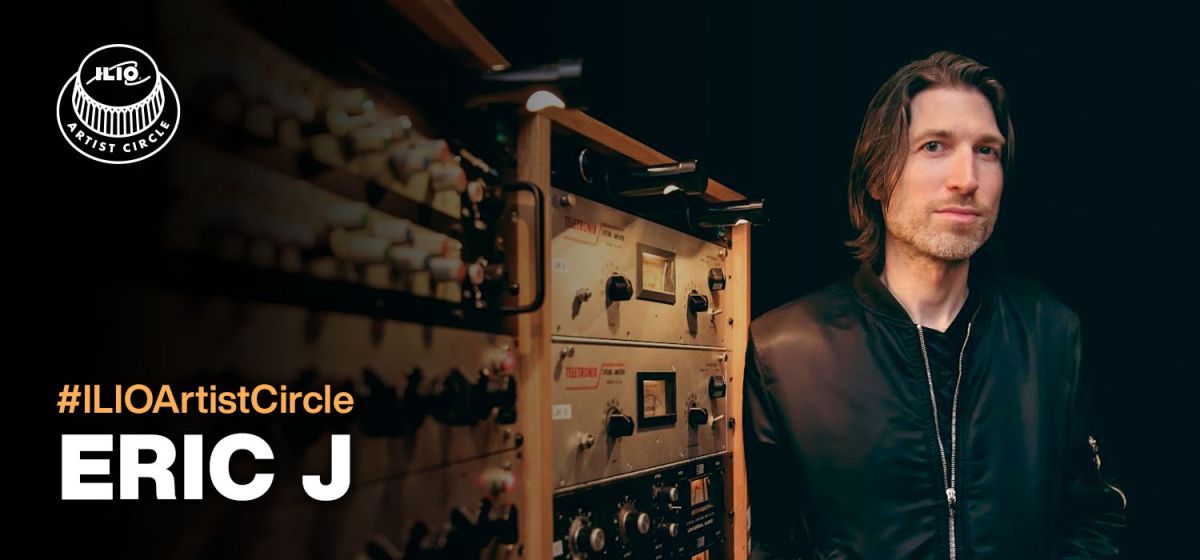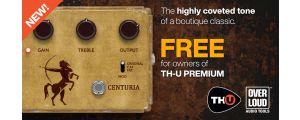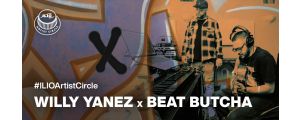Bringing The Song into Clearer Focus
“I’m just somebody that is always striving for more. How can I make the best-sounding records ever? That’s my goal.”
“The first thing I do with a song is I look at what are the most important elements, what is leading the song, and then I try to make space for them. A lot of it is just carving out certain frequencies, making sure that things aren’t getting covered up, so you can lead the listener to the parts you want.” Producer/mix engineer Eric J (Eric J. Dubowsky) takes a very detail-oriented approach to the music he works on, but not in the traditional “get a drum sound and then build up from the bottom” approach. By first cleaning things up and making space in the frequency spectrum for the important parts, he aims to bring the song into clearer focus. “It’s amazing,” he relates, “How the whole thing can come into focus just by simple EQ and volume adjustments.” By making these adjustments, he can create a record that achieves a full sound: “I’m just somebody that is always striving for more. How can I make the best-sounding records ever? That’s my goal.”
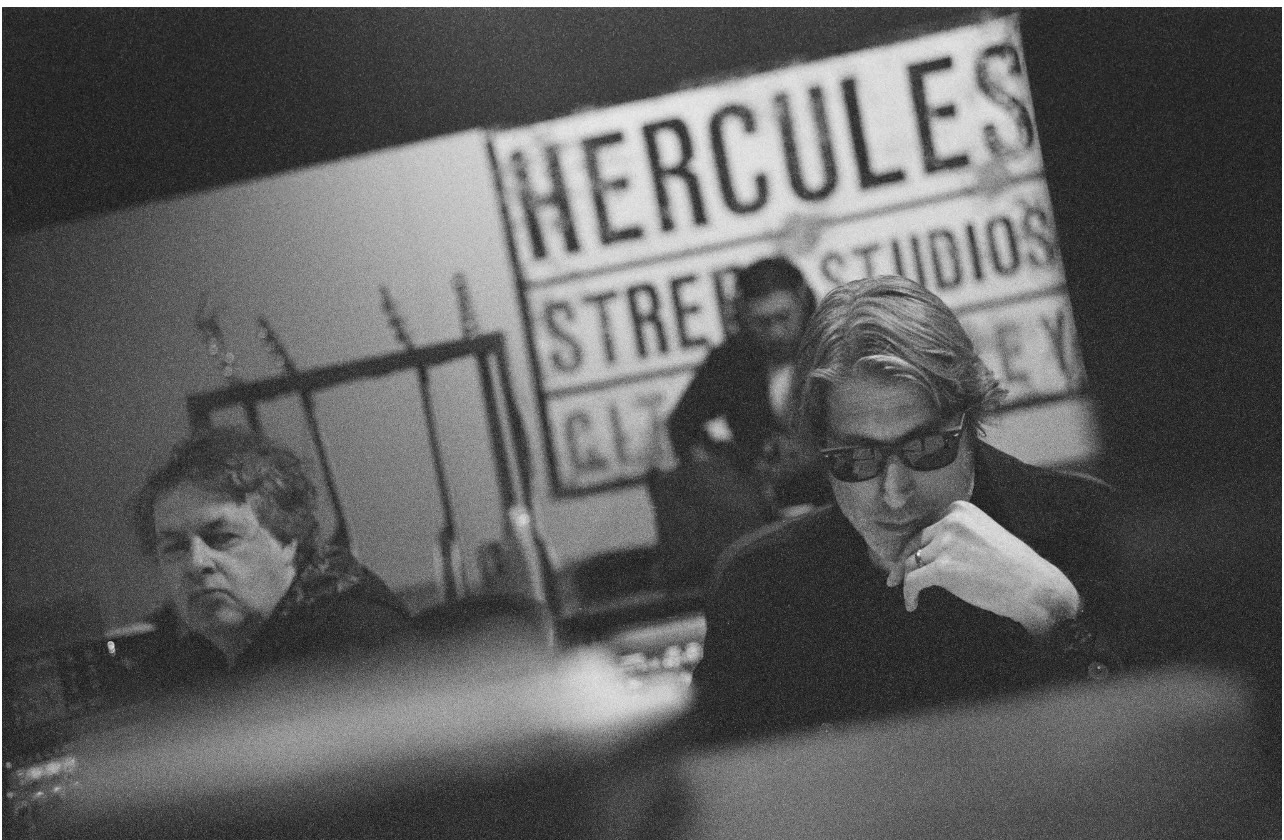
Eric J has developed and honed this approach through a long career that has spanned decades. Growing up in the New York City suburb of Tenafly, NJ, he got his start in the business at legendary Greene Street Recording, which was the home of many early influential hip-hop and electro recording artists such as Run DMC, Pete Rock and Public Enemy. This scene had a formative influence on his style. "I carry that NY attitude to this day. Aggressive low end – that kick has to hit hard. Everything is built from that for me." He recalls, “It was my first professional recording studio experience, so at the time I didn’t even realize what I was soaking up from all those incredibly talented people I got to learn from. Rod Hui, Chris Shaw, and John Robie, who was at the forefront of Electro music with the tunes he did with Afrika Bambataa — I was working with people who had made some of the most classic hip-hop records ever.”
“I carry that NY attitude to this day. Aggressive low end – that kick has to hit hard. Everything is built from that for me."
From there, he moved to Atlantic Records and worked with legendary producer and arranger Arif Mardin. Since going out on his own in 2001, he has worked with a litany of artists, including Weezer, The Chemical Bros, St. Vincent, Andy Grammer, Joss Stone and Twenty One Pilots, and has worked on numerous Platinum and Gold records. Moving to Australia in 2009, he has become a leading engineer/producer in their music scene, working with the Future Classic label and a host of local artists, including Chet Faker, Flight Facility and especially the artist known as Flume. He has won a number of major awards: a Grammy for his work on Flume’s album Skin; multiple ARIA Awards (Australian Recording Industry Association) for Engineer of the Year, including his work on Chet Faker's Built On Glass; and has mixed the winning song in Australian tastemaker radio station Triple J's Hottest 100 poll for the last three years running.
Find the Goal
The first thing Eric does when approaching a mix is understand what the artist or producer is going for. “I’ll ask them, ‘What’s the dream in your head? Is there anything that you didn’t achieve that you wanted to? What about this do you love? What do you think you could have done better?’ This gives me a sense of what to look at in the mix.” He continues, “Sometimes somebody will say, ‘I loved my ref (reference mix).’ Then I know that I’m going to just expand that mix; perhaps make it deeper, hit harder. But other times they’ll say, ‘I love this song, but I don’t think I got there… I feel like I could have done better.’ Then I need to figure out how we can achieve that.” In the end, he collaborates well with his artists with openness, that "There’s no clear cut right and wrong in music, it’s mostly about taste."
First and foremost, he emphasizes, “I’m always thinking about how I can get the vocal to come through; I don’t want to bury it, unless that’s the intention.” To get his drums to hit harder and clearer, he’ll start by carving out some frequencies from the low end to let the kick drum come through, and make sure the bass and kick aren’t stepping on each other. Often there are phase issues when an artist has layered different kick samples. “That’s a pretty common problem,” he shares. “There’s a lot of very basic/simple stuff that I’ve learned over the years. And you don’t always have to do a lot. I think that’s the tendency these days, because we have so many tools at our disposal, we tend to over-process. I think that some things you don’t have to touch.”
“There’s no clear cut right and wrong in music, it’s mostly about taste."
Bringing Parts Into Focus
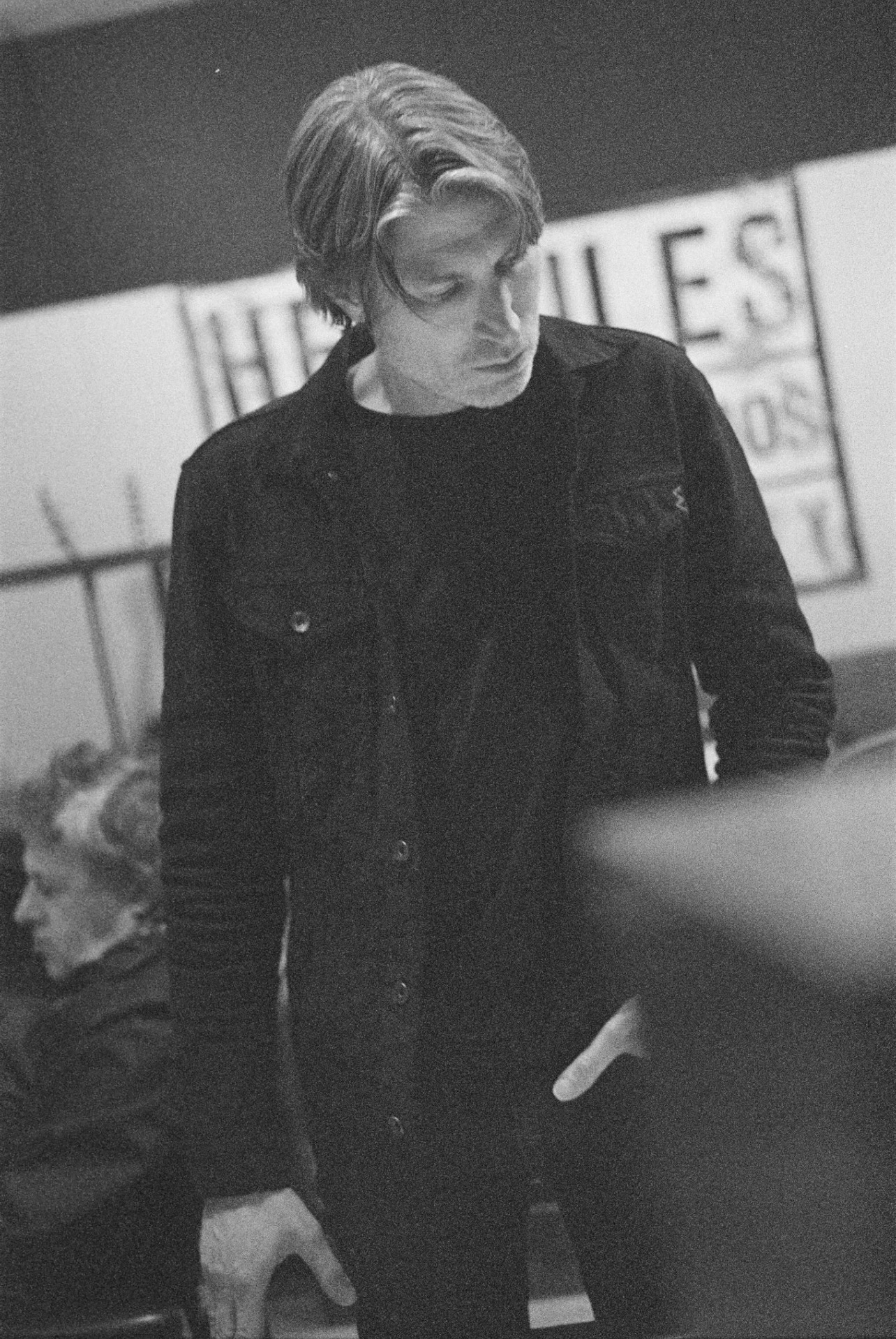
What are some of his techniques to help clarify and focus a mix? “Often I’ll use distortion to help sounds come across on smaller speakers and earbuds, for example. Really low-frequency information doesn’t shine in those situations, and I’ll rely on adding harmonics via distortion to help. It’s psycho-acoustical, but you end up feeling the bass more just by being able to hear those upper harmonics. You retain the natural character of the instrument, but you’re creating harmonics that weren’t actually there in the signal.” To help his bass and drum parts stand out, Eric is ruthless about carving out space for them. He will roll off bass from most of the other parts in the mix, like synths for example, to clear the way for what’s important. And he employs transient shapers to help the attack of a kick stand out from the bass, for example.
“Because I came from a rock background in my earlier career, I always had a love of distortion. It was like an addiction. And now I use distortion and saturation on just about everything because it’s a great way to create more excitement. Over the years, I’ve used pretty much every distortion plug-in I could find. Lately, Delta Sound Labs Fold has become one of my go-tos because it is unique." He uses fold to get a unique distortion tone: "Fold is great to help make a very specific type of distortion to help it stand out from the other parts, even if they’re also distorted. I can fine-tune the distortion in ways that the others don’t provide." It also offers him a precise and useful too. He states, "There are a lot of different variables that I can tweak, and it works great for some of the electronic stuff I’m mixing. I don’t give away too much on my work with Flume in interviews, but I can tell you that I used it on the new record (Palaces, scheduled for release on May 20, 2022).”
“Fold is great to help make a very specific type of distortion to help it stand out from the other parts, even if they’re also distorted. I can fine-tune the distortion in ways that the others don’t provide."
“I like things that can make sounds that don’t exist in the analog realm,” Eric shares. He uses plug-ins to access inspiration, "I’m a big fan of all the people that are working hard to come up with new audio tools that enable me to be more creative." So, what are his favorite kinds of plug-ins? “Where it’s like, this is a thing that can make some crazy sounds that nobody has heard before… those are my favorite plug-ins. There are not many things that you can do that with. With Fold, you turn a few knobs and completely transform a kick drum. That’s when the technology becomes a creative tool.”
“I’m a big fan of all the people that are working hard to come up with new audio tools that enable me to be more creative."
Continuing to discuss his love for distortion, Eric J offers, “I distort everything, it’s just in relative amounts. I use it to create density in a mix, rather than just making everything loud. So I’m going for perceived loudness via those additional harmonics.”
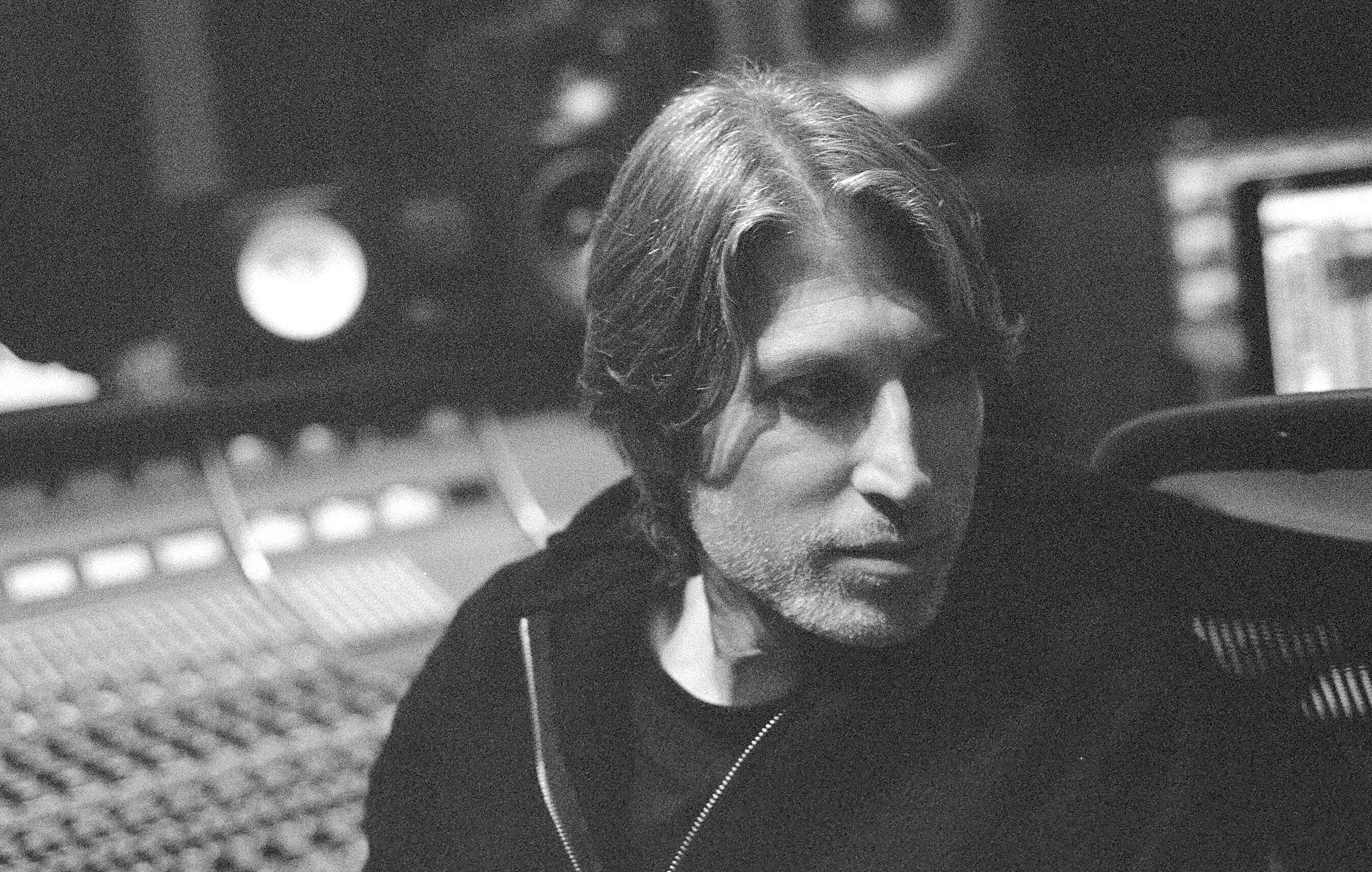
Advice For Newcomers
When asked what advice he has for people just coming up, he shared, "You can watch all the tutorials in the world, but you just need to do it." He mentions, “I would say, take chances… that’s the only way to move forward. Do what feels right… trust your gut. Try not to compare yourself to others too much, because it takes a long time to match the sounds in your head with what comes out of the speakers. But it is possible, it can happen one day.”
“You can watch all the tutorials in the world, but you just need to do it.”
He suggests that you mix as much music as possible to develop your skills. “Every sound is different, and every song is different,” he relates. “The settings you see on a tutorial or in a preset are not always going to work. You’ve got to find your own way of doing it based on the material in your song.”
The Role Of A Mix Engineer
When asked how he describes what he does to laypeople, Eric offers, “I say my job is to take a song you like and turn it into a song you love. You can’t make a bad song a great song, but if there’s a great song, a great mix just helps the listener connect to it even more. It makes it resonate on an even more emotional level.” His goal is to elevate his artists: "I’m trying to maximize all the magic that’s in that piece of music."
He continues, “My goal is to make sure there’s nothing in the way of communicating the message of the song, so you can feel it on every level.”
“I’m trying to maximize all the magic that’s in that piece of music.”
Recently, his son described his Dad’s job for a school project, “He takes songs that are messed up and fixes them.” Eric J laughs and says, “I’ll take that!”
For more info on Eric J, visit here.

